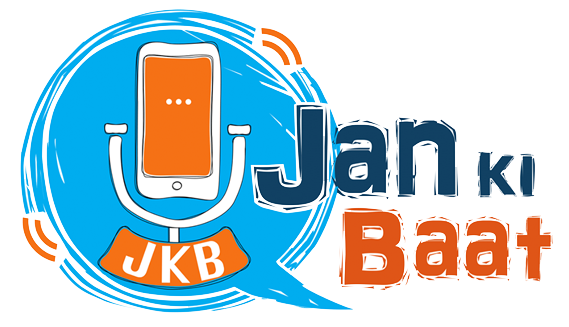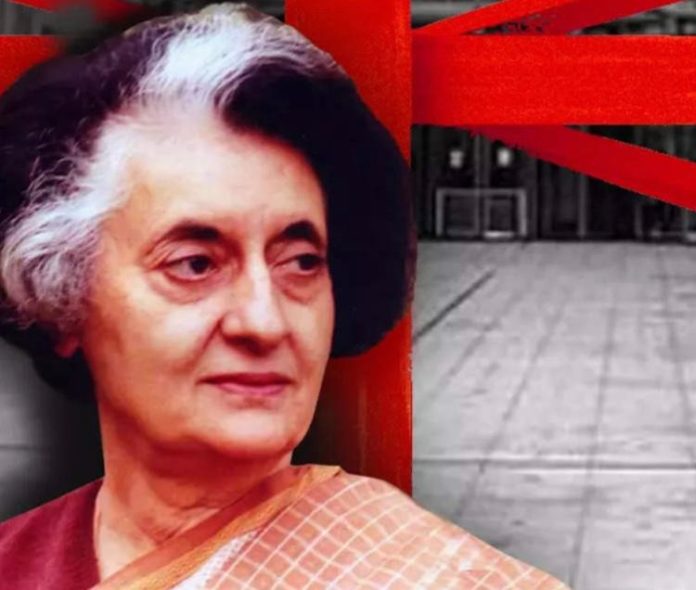Contrary to what most people think this is not the first time that BBC has been at loggerheads with the Government of India. The opposition led by Congress Party which is crying foul over the IT surveys being conducted in BBC offices must remind themselves of the history when the Grandmother of the MP from Waynad Rahul Gandhi’s Indira Gandhi expelled and banned BBC from India not once but twice. It is important to know the history of the BBC in India too.
In 1970, the BBC released 2 documentary films by French filmmaker Louis Malle – Calcutta and Phantom India – on British television. They were described by the BBC as offering “impressionist sketches of everyday life in India”. But they were not well received either by the Indian diaspora in Britain or by the Indian government, who felt they were “prejudicial and negative depictions”.
The Indian government was then headed by Prime Minister Indira Gandhi. The BBC refused to apologise and take down the documentaries, as ordered by the Indian government. As a result, on August 29, 1970, the broadcaster was forced to close down its operations in India, and its Correspondent, Ronald Robson, was disallowed from operating here. This expulsion stayed until 1972. This was not the only time Indira had banned BBC.
But now let’s come to the history. BBC started to show interest to set up operations in India in 1924 but could start only by 1932. BBC was then was called as British Broadcasting Company. In 1932 BBC launched ‘Empire Service’ which was broadcast from London but had a Global reach including India.
By 1940 the BBC launched its Hindi service. Presently BBC provides services in several Indian languages apart from Hindi & English in Tamil, Telugu, Bengali, Punjabi, Gujarati and Marathi. Additionally services are provided in Urdu & Nepali. BBC’s largest operations outside of London in located only in Delhi. The Delhi bureau is a very significant & important service for BBC. It is 2nd largest bureau.
Coming back to Indira’s tenure as PM, the BBC was closed down unceremoniously in 1975 when Emergency was declared. It’s then Delhi Bureau chief Mark Tully was given 24 hours to leave the country following BBC’s refusal to adhere to the government’s censorship regulations.
Tully in an interview with The Fair Observer in 2015 described those dark days. “During the Emergency, I was thrown out of India & the BBC office was closed down. It was a very difficult time, but what we tried to do was use other sources and information in order to provide a reasonably reliable service for people.”
He added: “Mrs Indira Gandhi hated us and the government too, since we were defying them. They thought that by closing the office and throwing me out, they would close the BBC down, but they didn’t – the BBC continued.” This was the treatment meted by the Congress Govt & isn’t it comical to see the same party & Rahul’s team protesting for an Income Tax survey conducted on BBC. Rahul Gandhi must first study history before he indulges in such cheap politics. The battle between Indira Gandhi & BBC continued in 1980’s too.
BBC reported extensively during the 1980’s when Punjab was in turmoil. In fact BBC reported from inside the Golden Temple. They did a story on the fortifications by Bhrindanwale inside Golden Temple. In fact Tully goes on record to say that he & his colleague Satish Jacob were reporting from the Golden Temple till hours before the Operation Bluestar was to commence.
Indira Gandhi was shocked to learn that BBC had extensively covered the entire episode barring the operation since no other news channel or publication had such an access to Golden Temple as much as BBC had. Before the operation was to commence Indira personally commanded to the officials to evict BBC correspondents from the Golden Temple premises. Her anger was uncontrollable when she realised that BBC had evidence on the goof up by her Congress government. BBC & Indira Gandhi had a tough relationship but they learnt to exist together but for the period when BBC was expelled from India.
In fact BBC Indian operations were shifted to Pakistan when they faced expulsion from the Congress Govt.
Cut to the present BBC had run in’s 2017 with the National Tiger Conservation Authority (NTCA) & NTCA banned BBC & its journalist Justin Rowlatt for a period of 5 years from entering into any of national parks & sanctuaries in India. This might sound bizarre but this was due to the fact that BBC had made a documentary titled “Killing For Conservation” which questioned the aggressive rhino conservation methods at the Kaziranga national park in Assam.
The documentary was slammed by Union Ministry of Environment which called the documentary as ‘grossly erroneous’. The documentary wrongly claimed that forest guards in the park at Assam had been given powers to shoot and kill anyone they thought was a threat to rhinos.
This was not the only time that BBC had tried to malign the image of India in recent times. In 2015 BBC made a documentary Titled ‘India’s Daughter’ by filmmaker Leslee Udwin based on the 2012 Nirbhaya gangrape & murder in Delhi. It had interviews with the rapists.
One of them was Mukesh Singh who was later hanged. Mukesh had said in that documentary that a decent girl should not be roaming Around at 9 pm & that girls should “not be roaming in discos and bars at night doing wrong things, wearing wrong clothes.” He suggested that they [the rapists] “had a right to teach them a lesson,”
The then Union Minister Shri. Rajnath Singh called the comments “Highly Derogatory” & “An affront on women”. The documentary was banned in India but like how the present video that one too found its way into the country. It is important to know about the past actions by BBC which also included biased reporting of the 1965 India-Pakistan war & then conclude.
It is imperative on the part of Central Goverenment to keep an Eagle’s Eye on BBC since it has now penetrated into several regional languages and any attempt to create a fake narrative must be nipped in the bud.
Jai Hind
Sreeram JVC (Bulls Eye)

